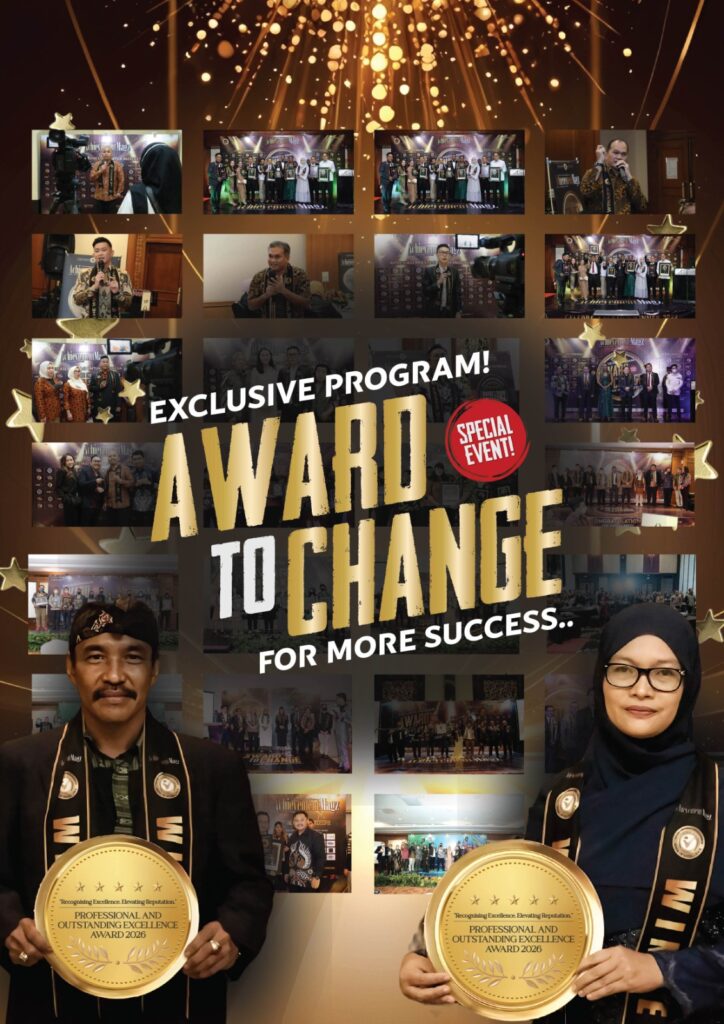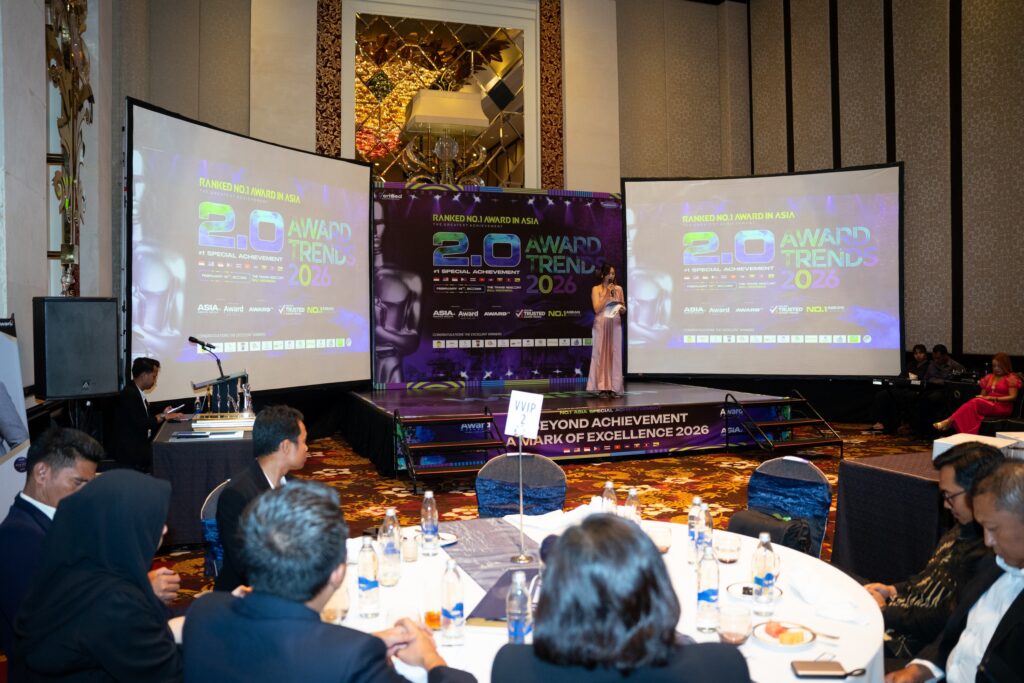Ljubljana, Slovenia – Beginning November 1, 2025, the Republic of Slovenia will officially introduce its Digital Nomad Visa, aimed at attracting remote workers from non-EU and non-EEA countries. The new scheme grants eligible applicants a one-year residence permit, provided they are employed, self-employed, or freelance professionals working for clients or companies outside of Slovenia.
The visa is part of Slovenia’s broader effort to position itself as a hub for location-independent professionals, following in the footsteps of countries like Estonia, Croatia, and Portugal. With its pristine lakes, alpine scenery, and high quality of life, Slovenia is increasingly seen as an ideal location for remote work balanced with well-being.
To qualify, applicants must provide documentation proving sufficient income to support their stay, such as bank statements, pay slips, or employment contracts. While no official income threshold or application fee has been confirmed as of July 2025, further regulatory details are expected in the coming weeks.
Visa rules are strict: holders cannot work for Slovenian companies or provide services to clients based within Slovenia. Violating these terms may result in visa termination and future entry restrictions. Family members are allowed to accompany visa holders but must individually comply with the employment restrictions.
The permit is non-renewable, and once the 12-month period ends, applicants must leave Slovenia for at least six months before they are eligible to reapply. This clause differentiates Slovenia’s policy from other nations with rolling digital nomad programs.
Slovenia’s entry into the digital nomad visa ecosystem reflects a broader shift in European immigration frameworks, where talent mobility, tech-savvy workforces, and remote business ecosystems are increasingly being accommodated through specialized visa pathways. The initiative is also aligned with EU-wide efforts to support agile employment models in the post-pandemic era.
As global competition for remote talent intensifies, Southeast Asian governments monitoring such policy developments may find inspiration or opportunities for bilateral partnerships, particularly in tourism, coworking infrastructure, or cross-border innovation ecosystems.







